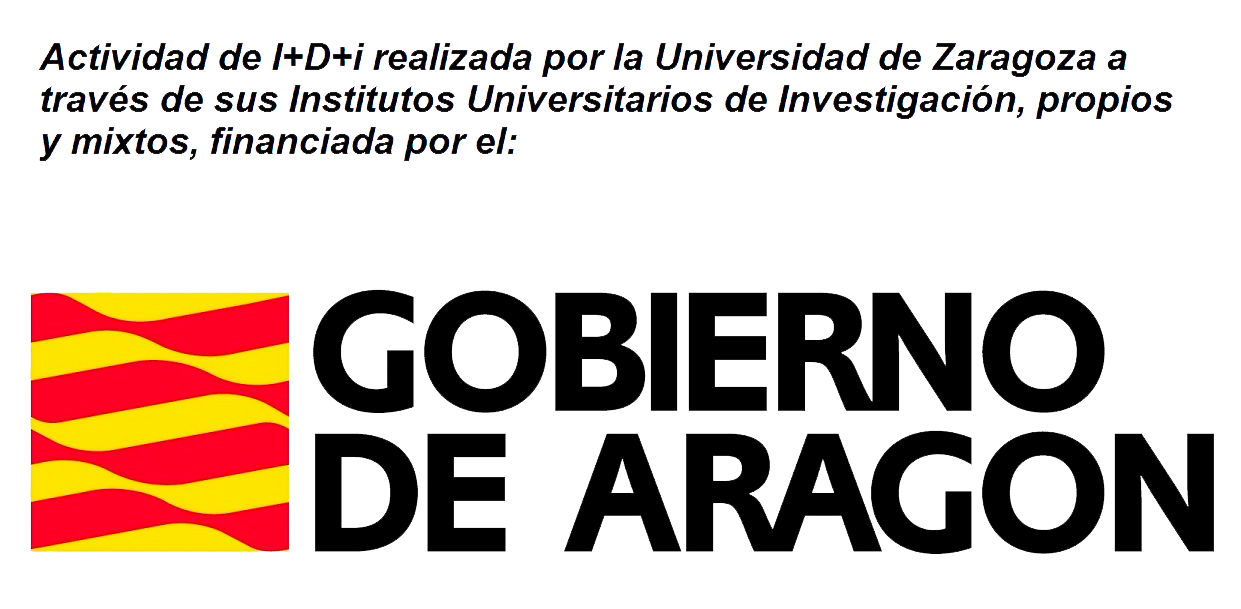Milagros Medina Trullenque
Centre: Dpto. Bioquímica y Biología Molecular y Celular
Institution: University of Zaragoza, Zaragoza (Spain)
Position: Researcher from the University of Zaragoza
E-mail: mmedina@unizar.es
Phone: 976 762476
Profile: Ver
Personal statement
I started my research activity doing my PhD at the Department of Biochemistry and Molecular and Cellular Biology of the University of Zaragoza. I carried out a 3-month postdoctoral stay at the University of Arizona (USA), performing fast kinetic measurements, and another 2-year stay at King’s College London (UK), applying electron paramagnetic resonance methods to the study of flavoproteins and metalloproteins. I returned to UNIZAR with a Reincorporation-MEC contract. Afterwards, I was promoted to Full Professor in the Department of Biochemistry and Molecular and Cell Biology, where I was Professor Secretary (2004-2006). In 2011, I was promoted to Full Professor and in 2015-2019, I was Coordinator of the Biotechnology Degree. Since 2001 I have been a Senior Researcher at BIFI, which I joined with the initial intention of strengthening the Biophysics area at UNIZAR, an objective that we have certainly achieved. I was Deputy Director of BIFI in 2009-2011 and 2019-2023. Currently, I am a member of the FEBS Advanced Courses Committee.
Researcher profile identity
For over 20 years, I have been an R4 researcher, leading research aimed at understanding how various cellular systems dependent on oxidation-reduction reactions mediated by redox proteins, enzymes and coenzymes are and how they function. My interest is focused on understanding the versatility of a class of enzymes called flavoenzymes that act as efficient and sophisticated molecular tools and use molecular recognition to regulate a number of important processes occurring in cells ranging from photosynthesis to detoxification or cell signaling. I am interested in understanding how changes in the three-dimensional shape of these enzymes are key to their mission, particularly by assessing the molecular-level effects of mutations that lead to loss of function and can cause disease. To do this, I combine biochemical and biophysical tools, particularly fast reaction kinetics, with the use of computational simulation methods.
Why my research is important
The knowledge generated in my research is key to increase the utilization of these proteins in biotechnological and therapeutic applications. The great diversity of flavoenzymes, their species-specific characteristics, as well as their interaction with other proteins and with various metabolites, show that we are still far from understanding how to exploit their full potential. In the case of bacterial flavoenzymes, whose functioning I study, some of them may also function as potent biocatalysts, due to the selectivity, control and efficiency in the reactions in which they participate, while others may serve as therapeutic targets in the treatment of infectious diseases and pathological disorders in mammals.
Know more about me and my research
– https://janovas.unizar.es/sideral/CV/maria-milagros-medina-trullenque
– https://bifi.es/biophysics/#3
– https://www.linkedin.com/in/milagros-medina-22a9594a/










